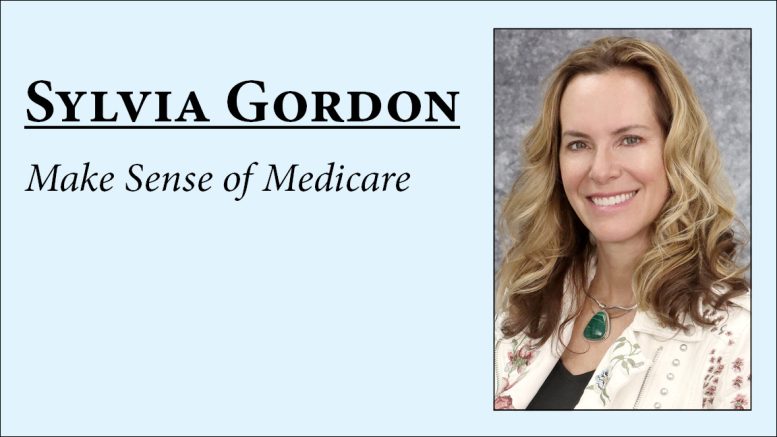On the face of it, Original Medicare A & B does look sufficient. Most Americans will have Medicare Part A premium-free and will pay $164.90 per month for Medicare Part B. Together, Parts A & B are known as Original or ‘government’ Medicare.
It’s actually very good insurance. Retirees who have paid for their own health insurance through the Affordable Care Act are shocked how much cheaper and better Medicare benefits are. Of course, people with rich health insurance plans through their employer are upset at the reduced benefits and increased cost, mostly for prescriptions.
In other words, it’s all in your perspective.
In general, I’d never recommend only having government Medicare. There are many holes in the care that are not easily identifiable when you are shopping. Original Medicare doesn’t cover medications outside of the hospital. You’ll need to buy a private drug plan known as Medicare Part D.
Any service outside a hospital is paid 80 percent by the government and you will only pay 20 percent. “Only 20 percent” can add up to tens of thousands of dollars – quickly. Just being hospitalized on Medicare looks like you would “only” pay the annual deductible, under $2,000, but that is per instance you are admitted to the hospital. You could potentially pay that several times in one calendar year.
If you have Medicaid, you will enroll into Medicare, but your costs are paid by the state or vastly reduced.
If you have VA coverage, you are not required to have Medicare. While I usually recommend it to veterans who can afford Part B, many cannot and are fine with only VA care.
If you are a federal employee with FEHB, you similarly don’t need Medicare, but depending on your situation, you may choose to add it.
The vast majority of retirees will and should purchase private insurance to supplement what the government offers. There are several dozen plans available in every state, and there is something in your price range. Original Medicare has some big holes in it that you may only realize at claim time. There are no dental or hearing benefits. There is no annual eye exam to make sure you don’t have eye diseases (although if you do have cataracts, glaucoma or macular degeneration, they are covered). Nor is there an annual physical exam (but most private Medicare plans do offer this benefit).
The most expensive hole in Medicare coverage is for nursing home care. Original Medicare will only cover up to 20 days, in certain situations. After day 20, you’ll have a copay per day, and beyond day 100, you must pay the full amount. Some or all of this may be paid if you have Medicaid, employer health insurance, or supplemental Medigap insurance.
It’s worth noting that Medicare doesn’t stop at a certain age. As long as you keep paying for your Medicare Part B, you’ll have coverage. If you lose it, there are paths to get it back, often with a penalty.
Sylvia Gordon is co-founder of The Medicare Family, headquartered in Noblesville, where she educates thousands on Medicare and Social Security in all 50 states. You can learn more at TheMedicareFamily.com.

